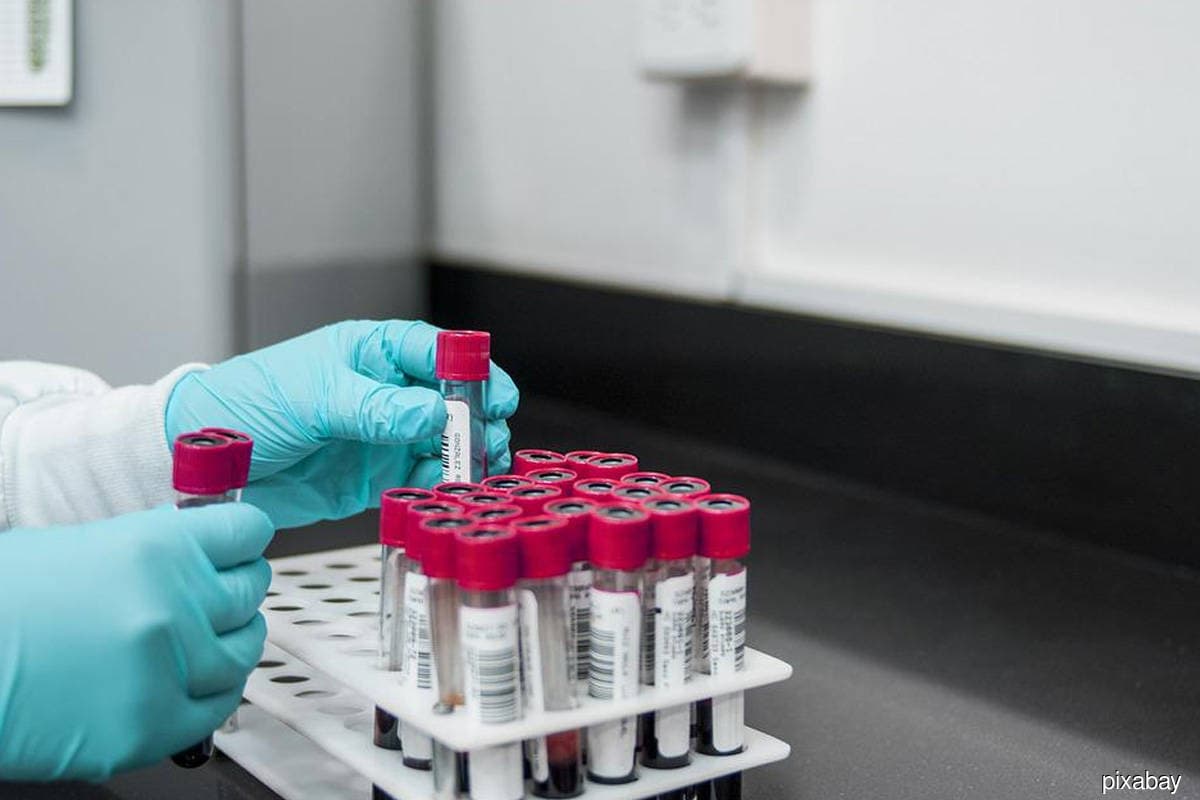
KUALA LUMPUR (Sept 2): A person’s blood type may be linked to their risk of having an early stroke, according to a new meta-analysis led by University of Maryland School of Medicine (UMSOM) researchers.
Findings were published on Sept 1 in the journal Neurology.
The meta-analysis included all available data from genetic studies focusing on ischemic strokes, which are caused by a blockage of blood flow to the brain, occurring in younger adults under age 60.
Professor of Neurology at UMSOM and a neurologist with the University of Maryland Medical Center as well as study co-principal investigator Steven J. Kittner said the number of people with early strokes is rising.
“These people are more likely to die from the life-threatening event, and survivors potentially face decades with disability.
“Despite this, there is little research on the causes of early strokes,” he said.
The study found that people with early stroke were more likely to have blood type A and less likely to have blood type O (the most common blood type) -- compared to people with late stroke and people who never had a stroke.
Both early and late stroke were also more likely to have blood type B compared to controls.
After adjusting for sex and other factors, researchers found those who had blood type A had a 16 percent higher risk of having an early stroke than people with other blood types.
Those who had blood type O had a 12 percent lower risk of having a stroke than people with other blood types.
Professor of Medicine at UMSOM and study co-principal investigator Braxton D. Mitchell said the meta-analysis looked at people’s genetic profiles and found associations between blood type and risk of early-onset stroke.
“The association of blood type with later-onset stroke was much weaker than what we found with early stroke,” said Mitchell.
The researchers emphasised that the increased risk was very modest and that those with type A blood should not worry about having an early-onset stroke or engage in extra screening or medical testing based on this finding.
A limitation of the study was the relative lack of diversity among participants.
The data was derived from the Early Onset Stroke Consortium, a collaboration of 48 different studies across North America, Europe, Japan, Pakistan, and Australia. About 35 percent of the participants were of non-European ancestry.